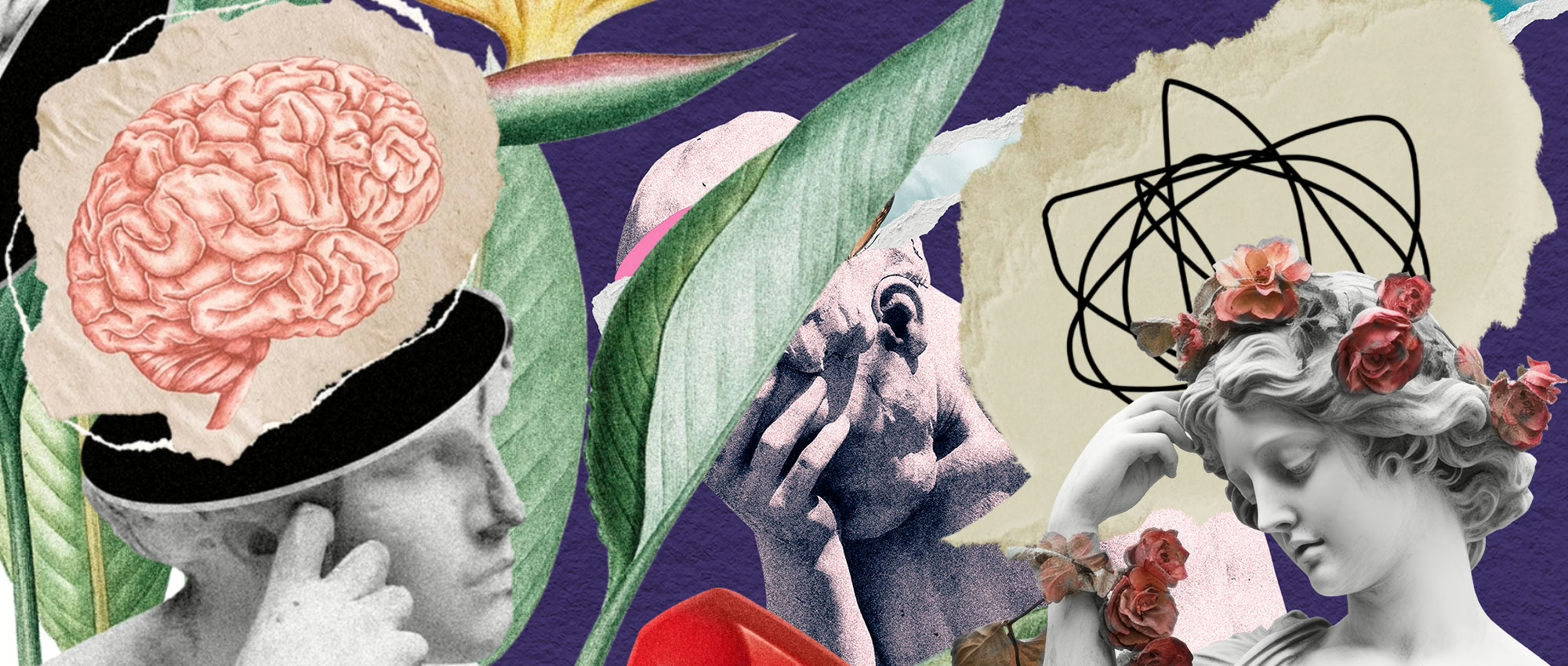Finding Your Groove: Why Therapy is Key After Divorce
Divorce can feel like the end of the world. It’s an emotional rollercoaster that can leave you feeling lost, alone, and unsure of your next steps. But just because your marriage has ended doesn’t mean your life is over. In fact, it can be an opportunity to rediscover yourself and start anew. Seeking therapy after divorce can help you navigate this challenging time and find your groove again.
Why Therapy is Important After Divorce:
Divorce can be an incredibly isolating experience. You may feel like no one understands what you’re going through, and that can make it difficult to reach out for support. But the truth is, that therapy can be a safe space where you can talk openly and honestly about your feelings. A therapist can help you process your emotions and provide you with the tools you need to cope with this difficult transition.
Here are just a few reasons why therapy is so important after divorce:
- It can help you process your emotions: Divorce can bring up a lot of complicated emotions, from sadness and anger to guilt and shame. A therapist can help you work through these feelings and make sense of what you’re experiencing.
- It can provide you with a support system: Going through a divorce can be incredibly lonely. But a therapist can provide you with a safe and supportive space where you can talk about your concerns and receive the emotional support you need.
- It can help you set goals for the future: After divorce, it can be difficult to know where to go next. A therapist can help you set goals and create a plan for your future, whether that’s getting back into the dating scene or pursuing a new career.
Getting Your Groove Back:
Divorce can leave you feeling like you’ve lost your sense of self. But therapy can be a valuable tool in helping you rediscover who you are and what you want out of life. Here are a few tips for getting your groove back after divorce:
- Focus on self-care: Taking care of yourself is key to moving on after divorce. Make time for activities that bring you joy, like exercising, meditating, or spending time with friends.
- Try new things: Divorce can be an opportunity to try new things and explore different interests. Consider taking up a new hobby or joining a group that aligns with your passions.
- Take it slow: Remember that healing takes time. Be patient with yourself and take things one day at a time. It’s okay to not have everything figured out right away.
Divorce can be a challenging and emotional experience, but it doesn’t have to define you. Seeking therapy after divorce can be an important step towards healing and rediscovering your sense of self. Remember to be patient with yourself, prioritize self-care, and take things one day at a time. You’ve got this!
Finding Your Groove: Why Therapy is Key After Divorce
Divorce can feel like the end of the world. It’s an emotional rollercoaster that can leave you feeling lost, alone, and unsure of your next steps. But just because your marriage has ended doesn’t mean your life is over. In fact, it can be an opportunity to rediscover yourself and start anew. Seeking therapy after divorce can help you navigate this challenging time and find your groove again.
Why Therapy is Important After Divorce:
Divorce can be an incredibly isolating experience. You may feel like no one understands what you’re going through, and that can make it difficult to reach out for support. But the truth is, that therapy can be a safe space where you can talk openly and honestly about your feelings. A therapist can help you process your emotions and provide you with the tools you need to cope with this difficult transition.
Here are just a few reasons why therapy is so important after divorce:
- It can help you process your emotions: Divorce can bring up a lot of complicated emotions, from sadness and anger to guilt and shame. A therapist can help you work through these feelings and make sense of what you’re experiencing.
- It can provide you with a support system: Going through a divorce can be incredibly lonely. But a therapist can provide you with a safe and supportive space where you can talk about your concerns and receive the emotional support you need.
- It can help you set goals for the future: After divorce, it can be difficult to know where to go next. A therapist can help you set goals and create a plan for your future, whether that’s getting back into the dating scene or pursuing a new career.
Getting Your Groove Back:
Divorce can leave you feeling like you’ve lost your sense of self. But therapy can be a valuable tool in helping you rediscover who you are and what you want out of life. Here are a few tips for getting your groove back after divorce:
- Focus on self-care: Taking care of yourself is key to moving on after divorce. Make time for activities that bring you joy, like exercising, meditating, or spending time with friends.
- Try new things: Divorce can be an opportunity to try new things and explore different interests. Consider taking up a new hobby or joining a group that aligns with your passions.
- Take it slow: Remember that healing takes time. Be patient with yourself and take things one day at a time. It’s okay to not have everything figured out right away.
Divorce can be a challenging and emotional experience, but it doesn’t have to define you. Seeking therapy after divorce can be an important step towards healing and rediscovering your sense of self. Remember to be patient with yourself, prioritize self-care, and take things one day at a time. You’ve got this!




